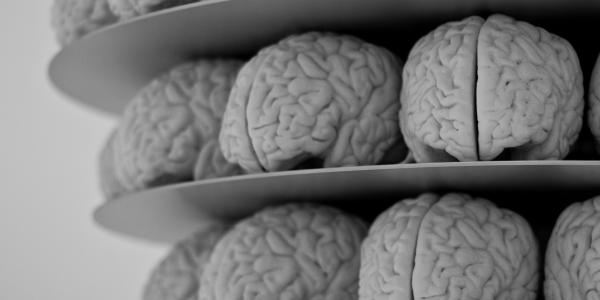Mind, Brain, & Behavior
How are mental abilities investigated and explained in psychology and neuroscience? A key learning objective is for students to have a deeper understanding of the interdisciplinary nature of cognitive science, and develop the ability to think and write critically about scientific research addressing mind-brain relationships.
In the fall semester we utilize a “case-study”-based approach, in which specific topics (study strategies, mind-wandering, mindfulness, sleep & dreaming, cognitive aging) will be highlighted to provide students with first-hand experience in how different experimental approaches and methods can be utilized in an integrated and convergent manner to discover how mind, brain, and behavior are inter-related. In addition, the course will emphasize how basic cognitive psychological and neuroscience principles can applied to better understand changes that might be occurring in different populations or clinical groups (e.g., ADHD, Alzheimer’s Disease). In the spring semester students continue their exploration of cognitive science by exploring different frameworks for thinking about how the different branches of cognitive science relate to each other. The course contains an introduction to relevant topics in the philosophy of science and the philosophy of mind.
First-year Mind, Brain, Behavior (MBB) students take two core courses that provide an introduction to the mind-brain from three different cognitive science perspectives; Psychology, Neuroscience, and Philosophy. In their second year, students are matched to a research lab studying mind, brain, and behavior to complete a year-long research project.
